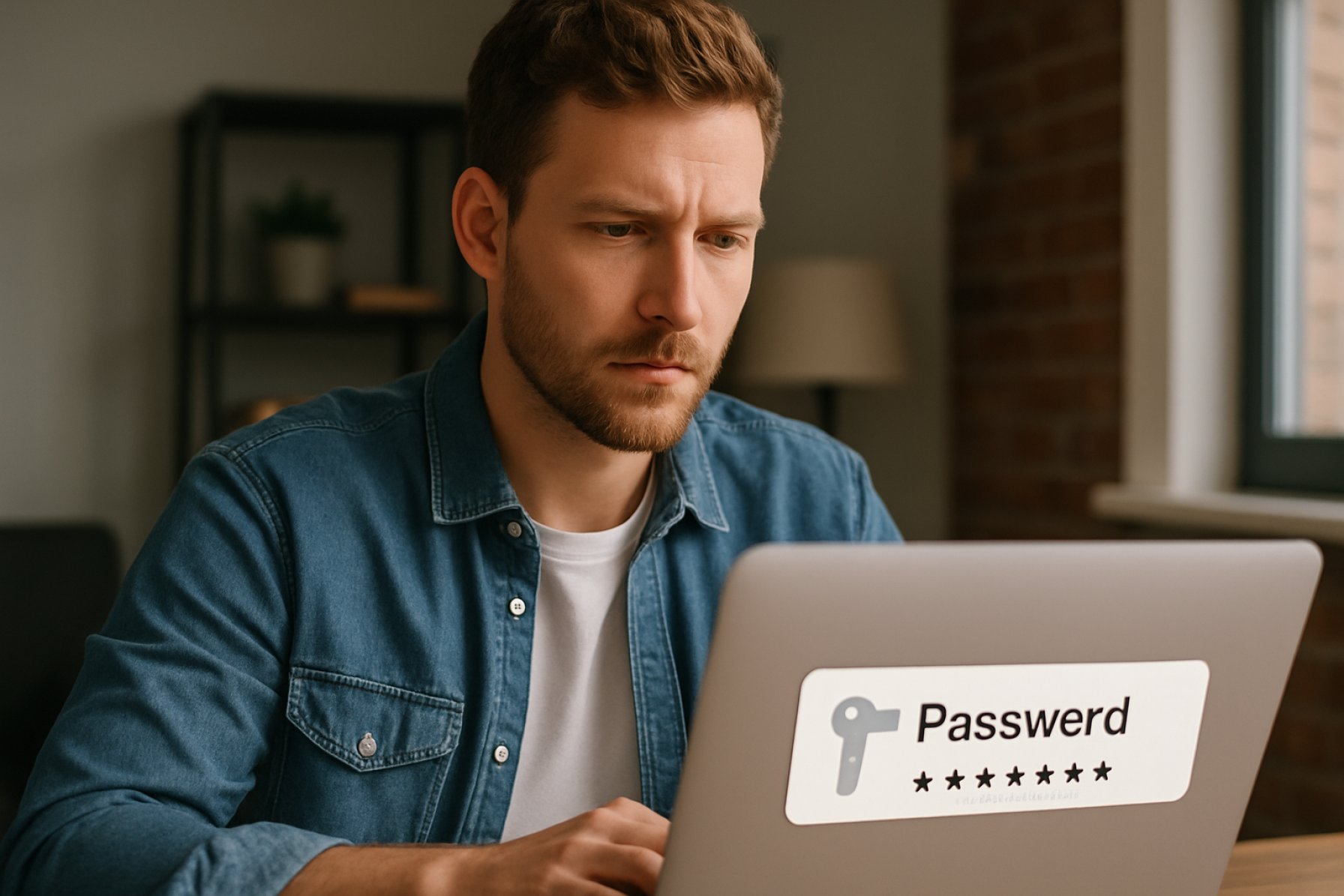Unlock Instant Access: The Surprising Truth Behind ‘Save My User ID and Password’ in 2025
Wondering if you should save your login info in 2025? Discover the risks, rewards, and expert tips for smarter online access.
- 85% of users save login details for faster site access
- 67% increase in password-related security breaches since 2023
- 1 in 4 users forget passwords at least once a month
- Logging out fully clears saved credentials
Everyone craves convenience. In 2025, clicking ‘Save my User ID and Password’ can feel like a superpower—instant, hassle-free access to your favorite sites. No more password anxiety, right? But as we rush to login with a single click, what are the hidden trade-offs? Let’s look at what really happens when you save your credentials—and how to do it smartly.
Q: What Actually Happens When You Click ‘Save My User ID and Password’?
When you check this box on a website’s login page, your credentials are stored—usually in your browser or via a secure cookie. This allows the site, and only the specific device, to recognize you next time. Major browsers like Google Chrome, Mozilla Firefox, and safari all offer this feature.
Q: Is It Safe to Let My Browser Remember My Password?
The answer depends on your setup. Saving passwords on personal devices, especially when using 2-Factor Authentication (2FA), is generally considered safe. But if you’re on a public or shared computer, you risk exposing your data to anyone who follows you—an all-too-common cause of account breaches.
How to Maximize Convenience Without Sacrificing Security
- Use browser password managers with encryption, such as those built into Microsoft Edge.
- Enable biometric authentication if your device supports it—think Face ID or fingerprint unlock.
- Regularly check your saved passwords for outdated or reused credentials, using built-in security checkups.
- Always log out on shared or public devices. This wipes saved credentials and shields you from snoops.
Q: What Happens If I Log Out?
Logging out does more than just end your session. It erases your stored login information on most platforms, forcing you to re-enter your User ID and Password next time. This is a critical safeguard, especially in offices, schools, or libraries.
How Can I Manage Saved Passwords in 2025?
Most browsers now offer cloud-synced password managers that let you control, edit, or delete your saved credentials across devices. For an extra layer of protection, consider using a dedicated password manager—many free and paid options are recommended by tech experts on CNET and PCMag.
Take Control of Your Digital Security In 2025—Don’t Let Convenience Undermine Safety!
Checklist: Smart Password-Saving Habits
- Only save passwords on private, secured devices
- Enable 2FA wherever possible
- Use complex, unique passwords for each account
- Review and update your saved passwords monthly
- Log out on shared computers—always
- Consider upgrading to a premium password manager
Staying one step ahead is easy. Adopt these quick strategies and browse securely—without ever losing your password again!
